In the educational system, numerous individuals work to help students behind the scenes and in the classroom. And while teachers and administrators do amazing work to help students with learning differences, there are times when a student with dyslexia needs specialized support to succeed. In some educational settings, a dyslexia specialist can offer the expertise required to help teachers identify undiagnosed dyslexic students and/or provide the targeted interventions those students need. Specialized education can help students with learning differences access helpful tools in school, and a dyslexia specialist can be an important part of the team that makes success possible. Read below to learn more about what a dyslexia specialist does and why it matters with ReadSource.
The purpose of a dyslexia specialist
In an ideal world, all teachers would have the training and ability to recognize the signs of dyslexia so they can help the student and their parents get the help they need. However, in many cases, educators may not have the knowledge or experience to identify potentially dyslexic students and provide helpful interventions to those students. This is where a dyslexia specialist steps in. From assisting teachers in developing lesson plans to coordinating 504 plans or IEPs, dyslexia specialists can provide support to teachers that improve the experiences of dyslexic students in the classroom. Additionally, a dyslexia specialist works directly with dyslexic students and struggling readers to provide interventions that are known to work better for these students.
What training does a dyslexia specialist have?
Each state and school has different requirements for dyslexia specialist training, but in most cases, a dyslexia specialist would be familiar and have experience with struggling readers in a classroom environment. Dyslexia specialists usually have teaching certifications in the state where they teach, meaning they have the same foundational education as other classroom teachers. Additionally, dyslexia specialists often have extra training in dyslexia teaching strategies that are effective for reading remediation and instruction, such as the Orton-Gillingham Approach. As is the case with all teachers, continuing education opportunities are also available for dyslexia specialists where they learn how to better work with students.
What difference can a dyslexia specialist make in a school?
Because as many as one in five students has dyslexia, every classroom likely has at least one dyslexic student. A school that prioritizes educational strategies for dyslexic students ensures all children get the education they need and allows non-dyslexic students to benefit as well. Teaching strategies for dyslexia can also be effective for students without dyslexia, so dyslexia specialists can help both dyslexic and non-dyslexic students learn their best. Additionally, dyslexia specialists can help educators learn how to implement targeted instruction or remediation to help students write, spell, and read successfully.
For parents and educators new to the world of dyslexia, a dyslexia specialist may not seem like the most important position in the world of education. However, the prevalence of dyslexia combined with the potential benefits for both educators and students makes a dyslexia specialist an increasingly valuable position in all schools.
At ReadSource, we are proud to support educators, parents, and individuals who are part of the dyslexic community. In addition to providing information on important positions like a dyslexia specialist, ReadSource also offers teacher training opportunities, events for community outreach, and relevant resources for parents of dyslexic children. Join us as we highlight the achievements of dyslexic individuals and support the dyslexia community.








Leave a Reply